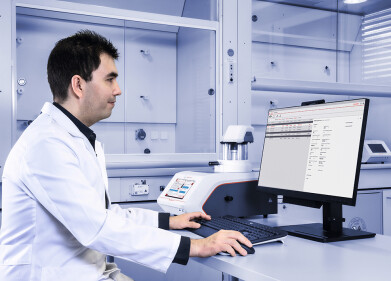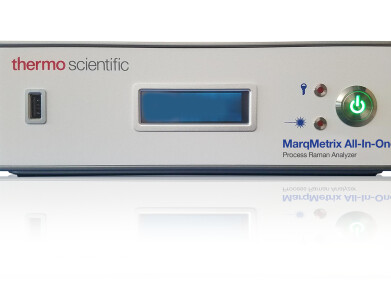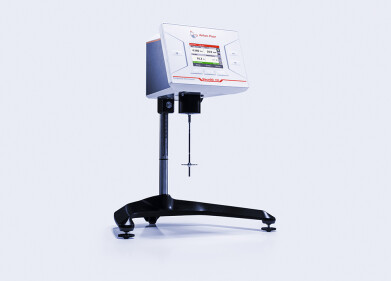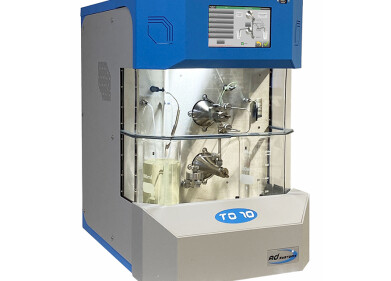Analytical instrumentation
The Thermo Scientific iCAP 6000 Series ICP Analyses of Trace Elements in Naphtha
Sep 22 2009
The analysis of trace metals in naphtha is important to the petrochemical industry, especially in the cracking of hydrocarbons process. The presence of trace metals can severely impede this process, as well as poisoning the catalysts used, which can be very expensive.
The analysis of organic solvents by ICP is historically considered problematic, especially when the solvents are volatile. A volatile solvent (with respect to ICP) is defined as a solvent that exhibits a vapor pressure greater than 30 mm Hg. When a volatile solvent, such as naphtha, is introduced into an ICP, the sample transport efficiency is much greater than that with aqueous samples and this leads to undesirable effects such as plasma instability.
The ICP analysis of naphtha is simple when using the Thermo Scientific iCAP 6500 Radial ICP, with the addition of a Peltier cooled sprayed chamber. This is because the cooler temperature reduces the volatility of the solvent, which has the resulting effect of lowering the plasma loading when the solvent is aspirated.
The Thermo Scientific iCAP 6000 Series ICP is capable of detecting single figure and sub ppb concentrations of various elements within the complex and challenging naphtha matrix.
For more information visit the ICP Application Library
Digital Edition
PIN 25.5 Oct/Nov 2024
November 2024
Analytical Instrumentation - Picturing Viscosity – How Can a Viscometer or a Rheometer Benefit You? - Sustainable Grease Formulations: Evaluating Key Performance Parameters and Testing Method...
View all digital editions
Events
Jan 20 2025 San Diego, CA, USA
Jan 22 2025 Tokyo, Japan
Jan 25 2025 San Diego, CA, USA
SPE Hydraulic Fracturing Technology Conference and Exhibition
Feb 04 2025 The Woodlands, TX, USA
Feb 05 2025 Guangzhou, China





















